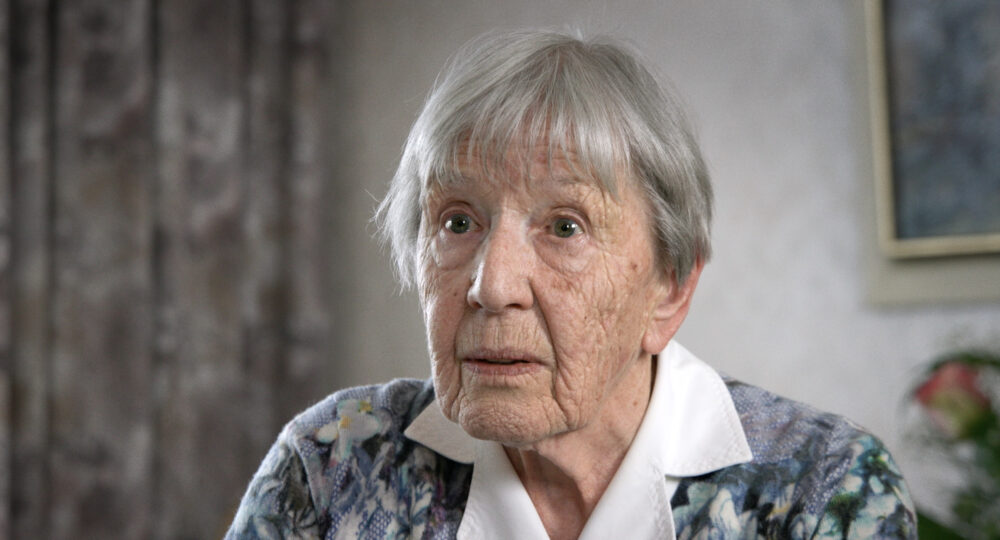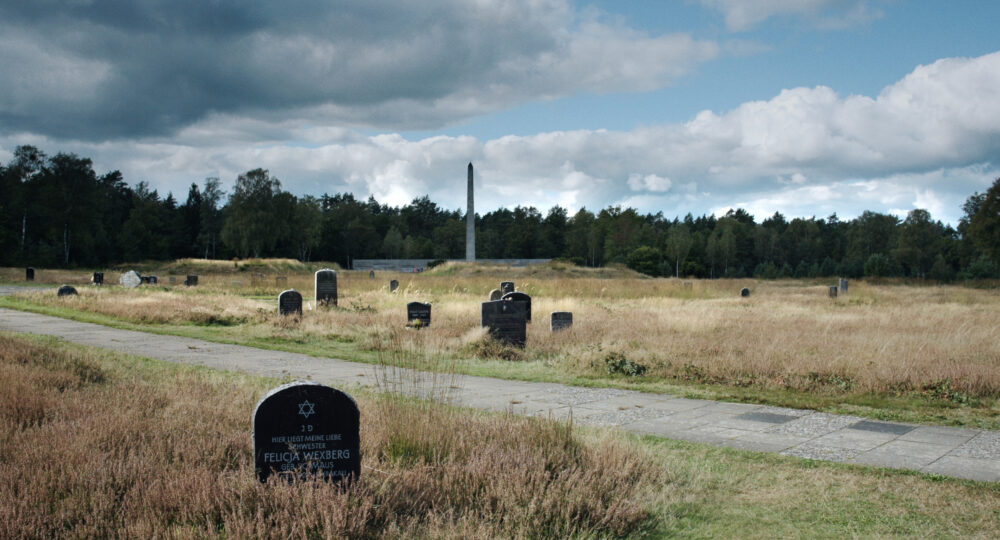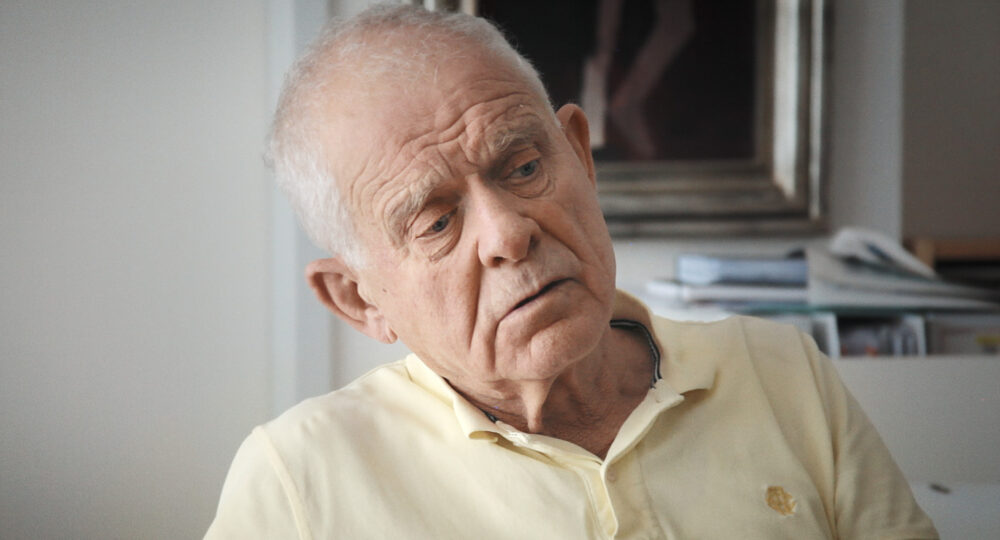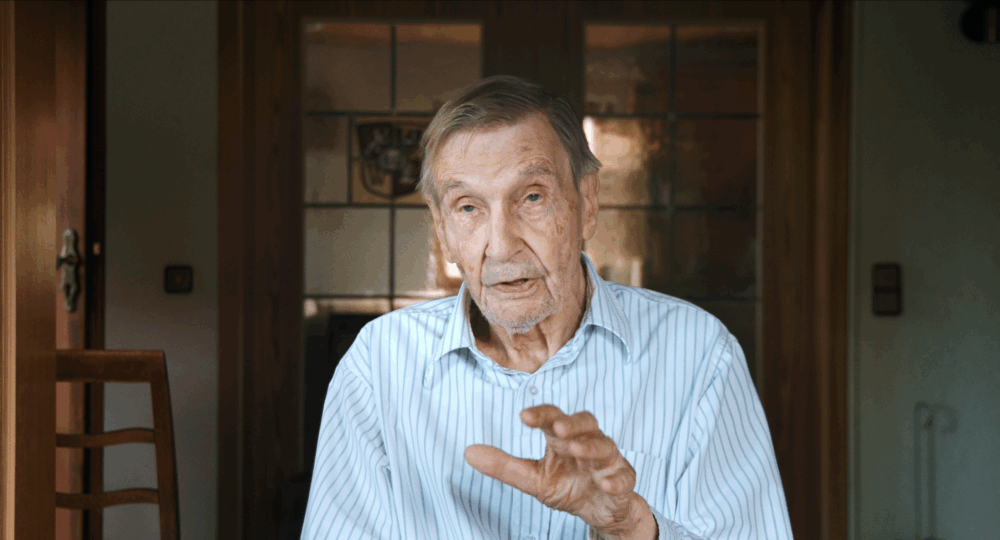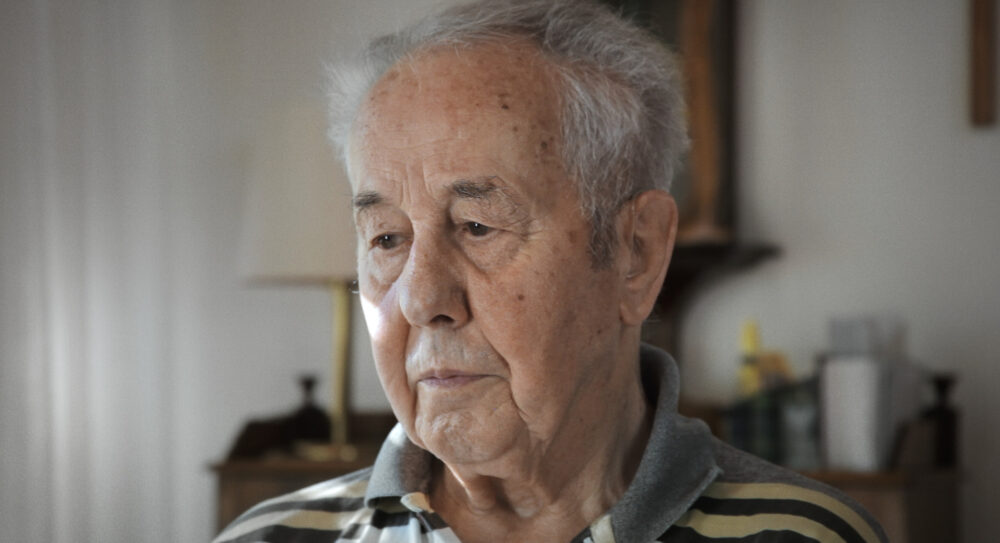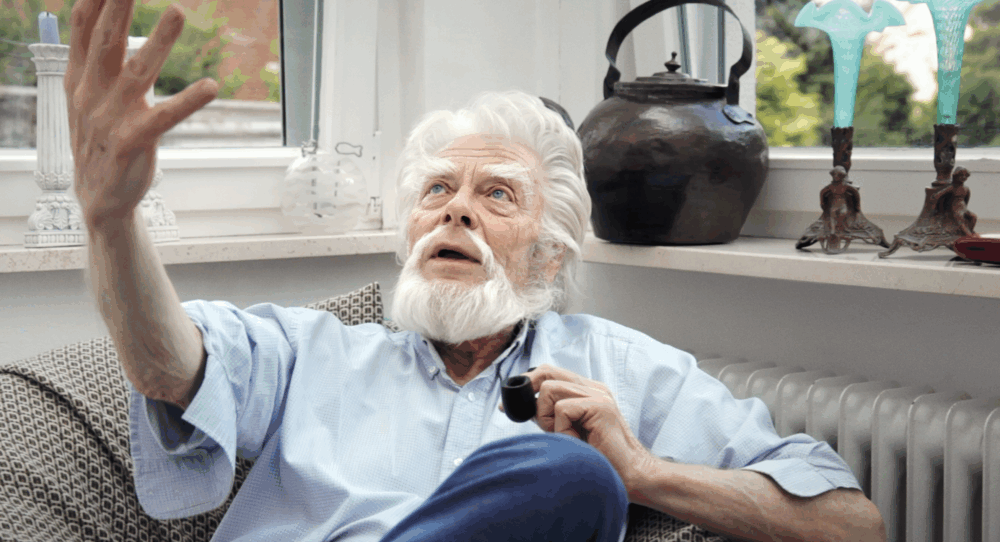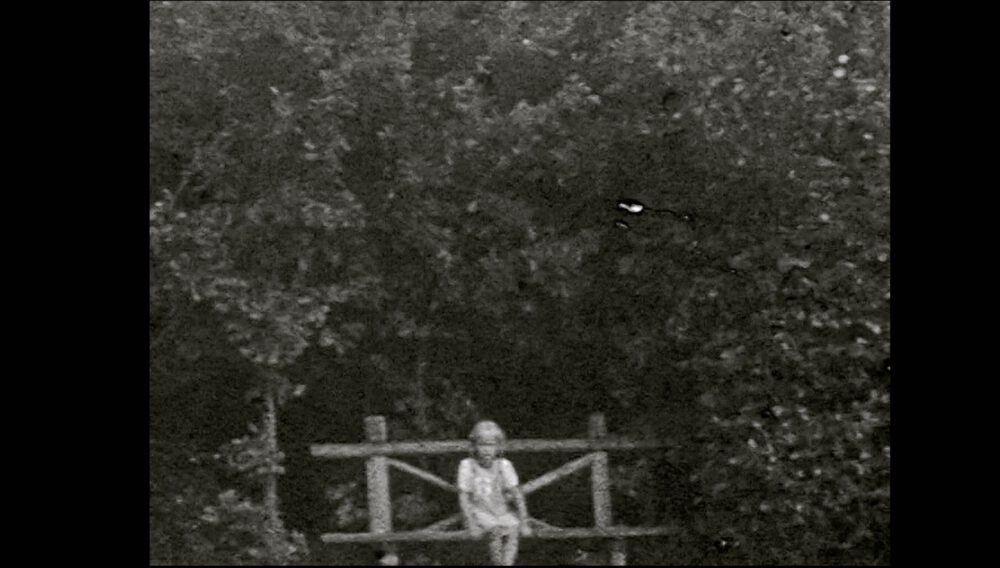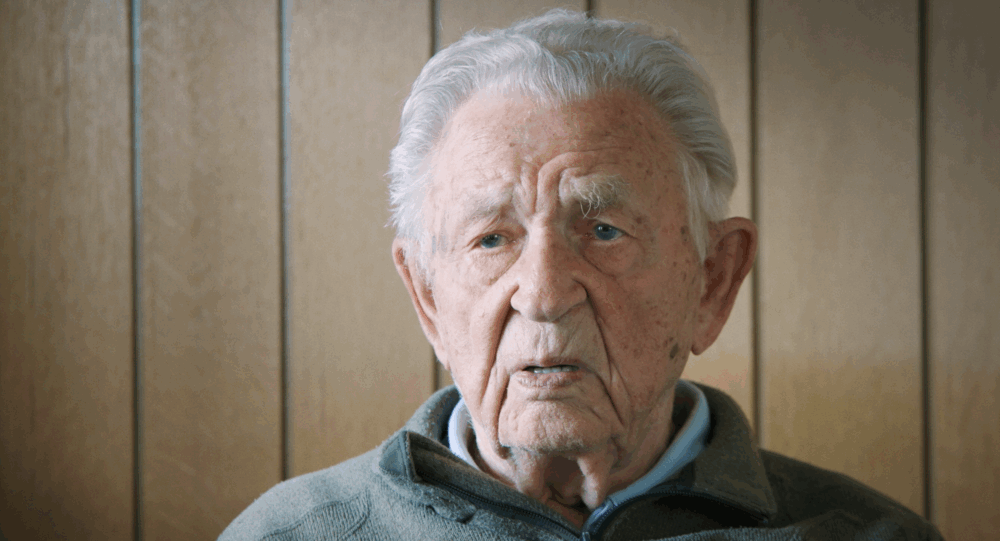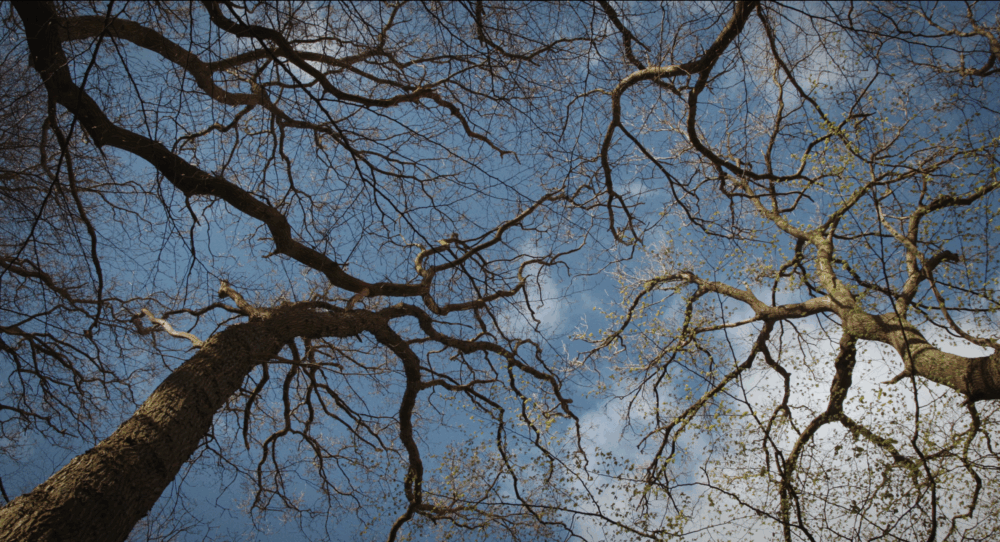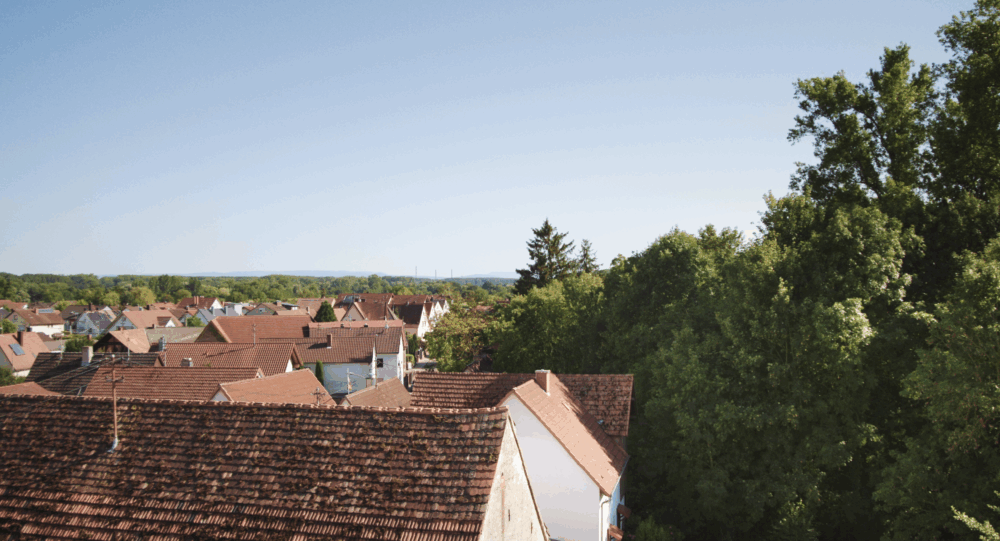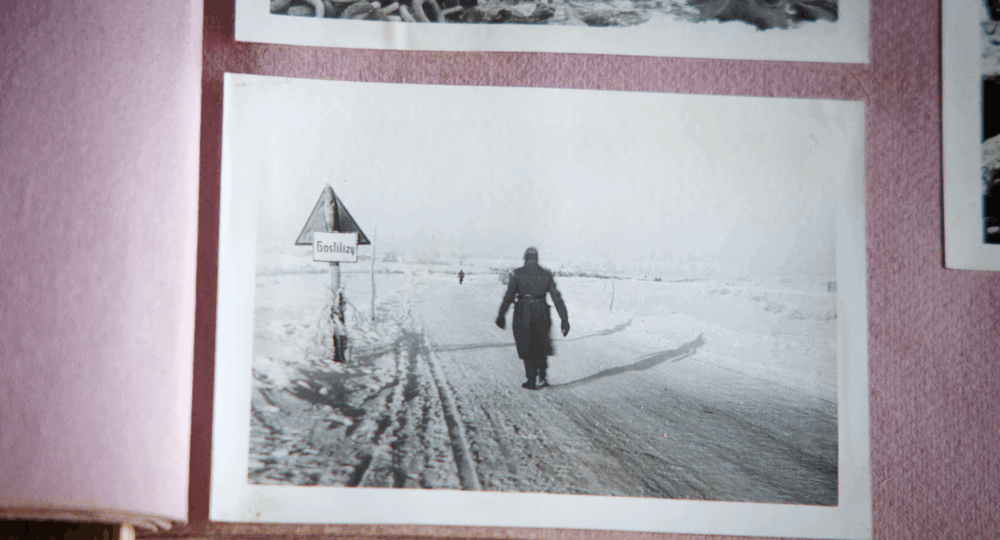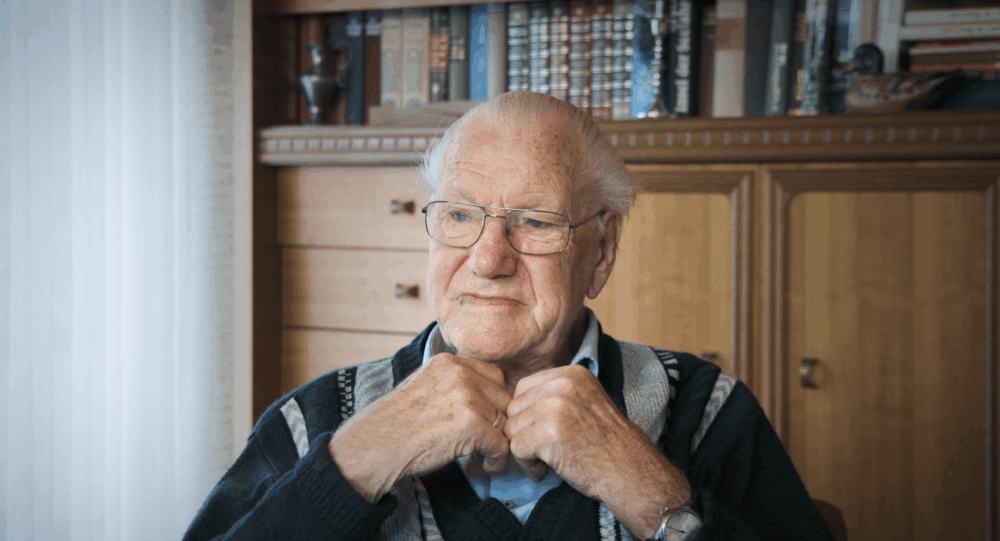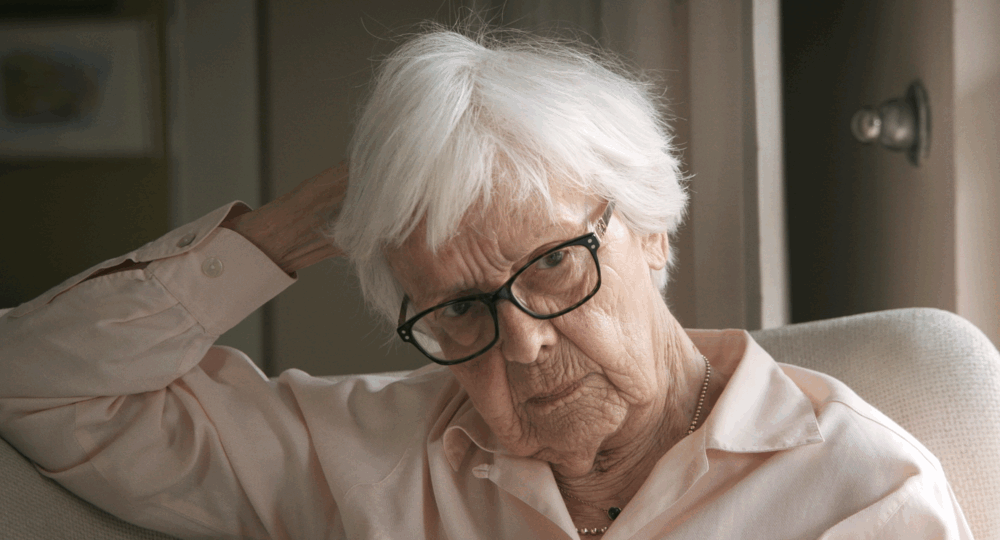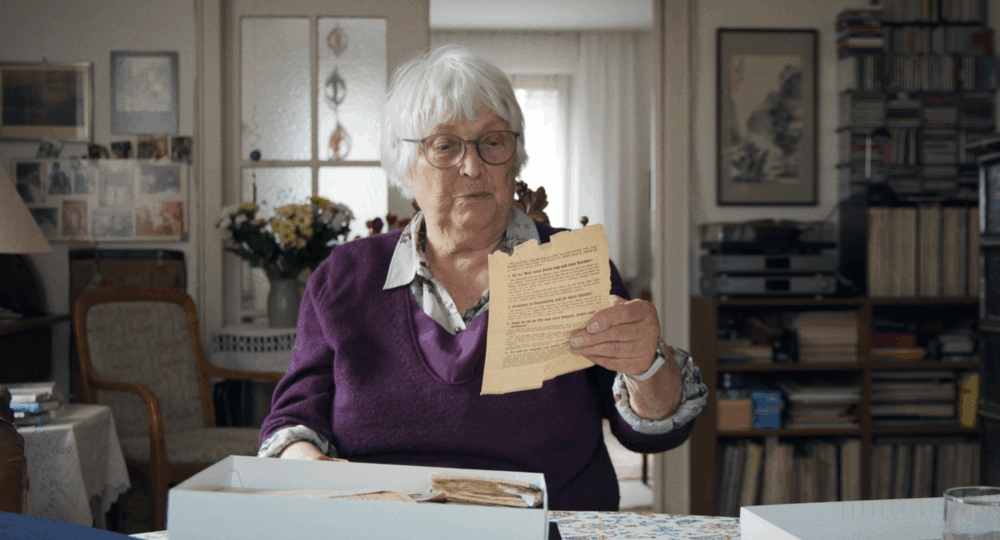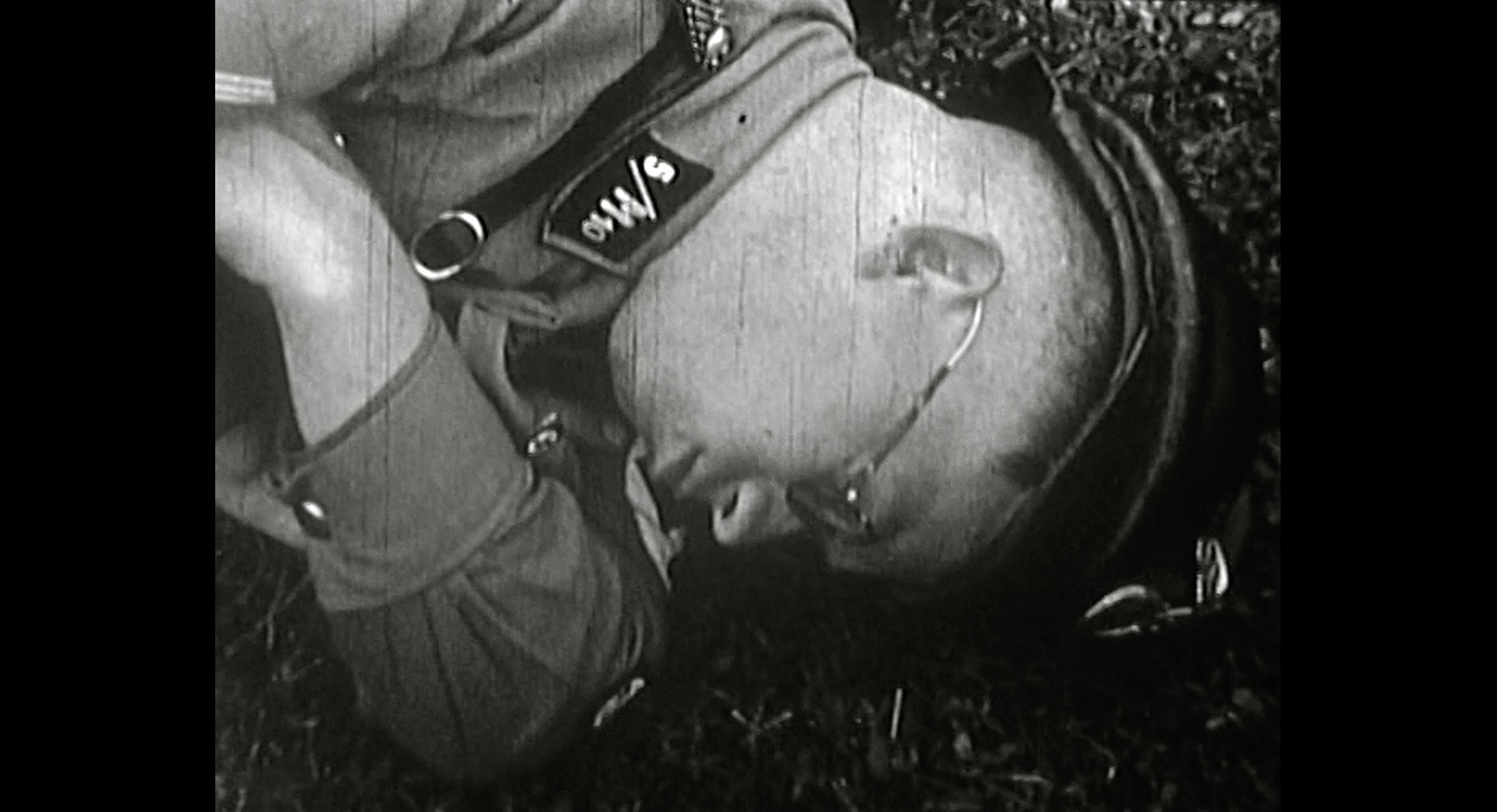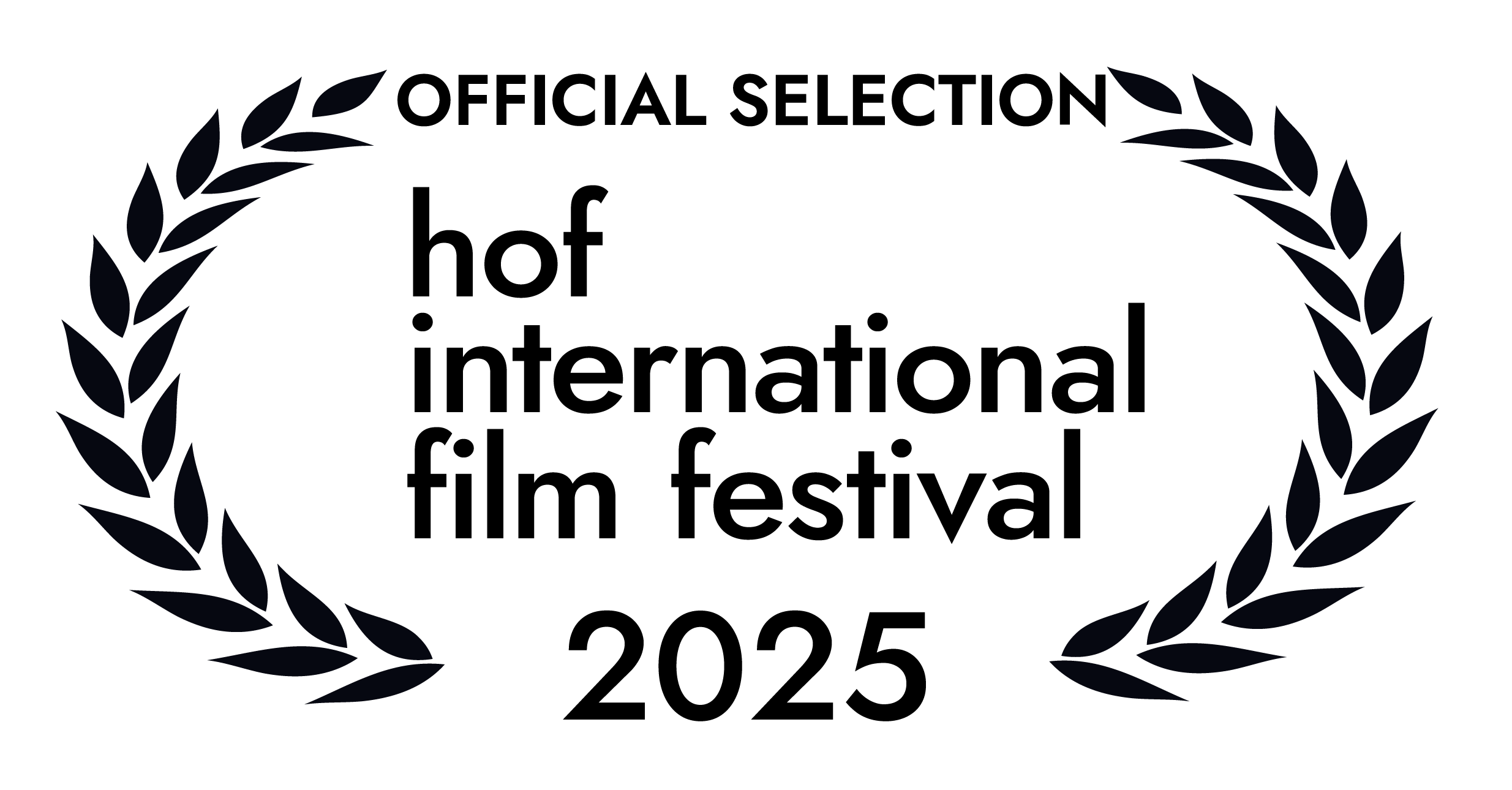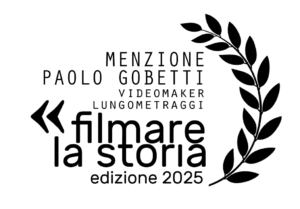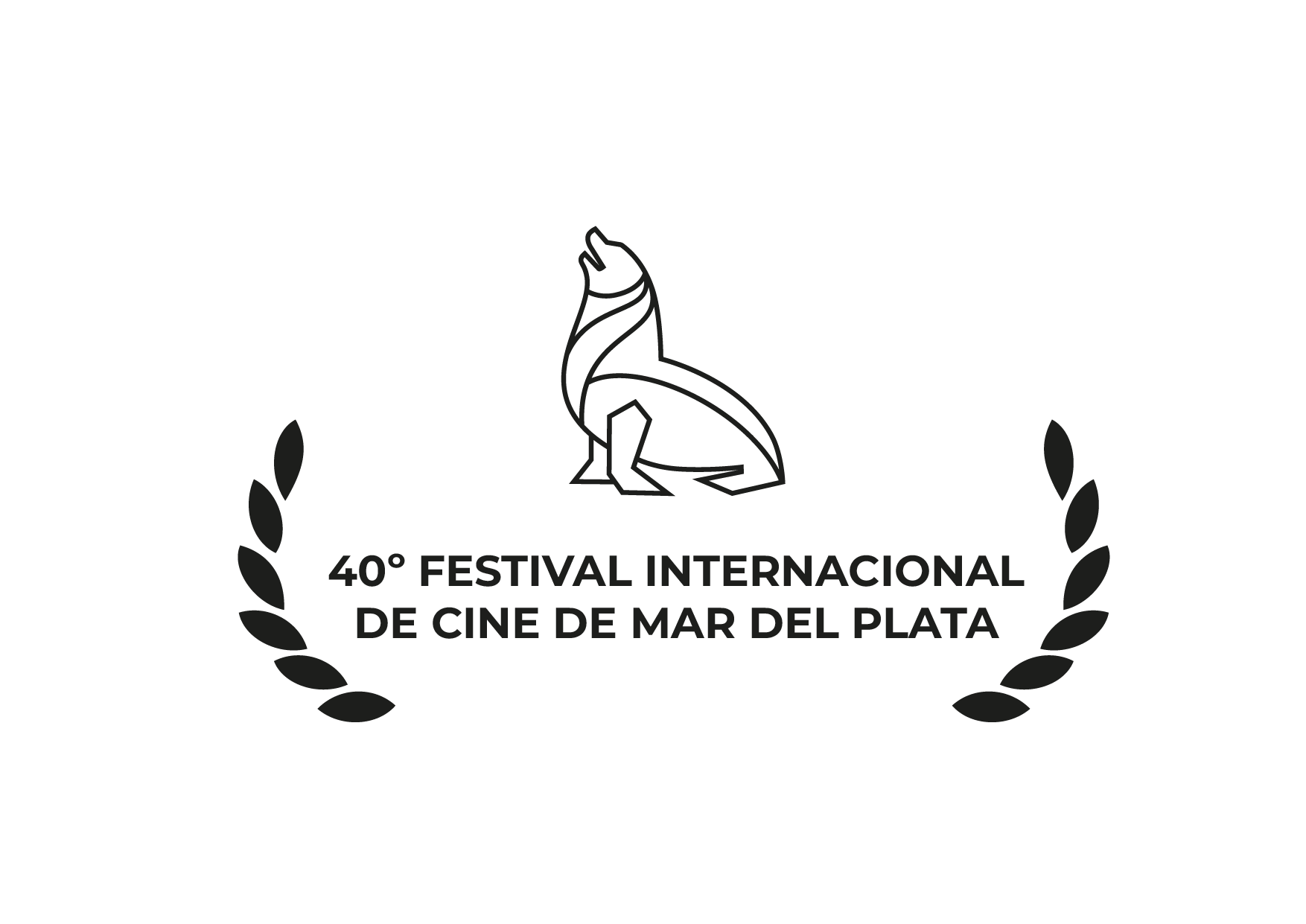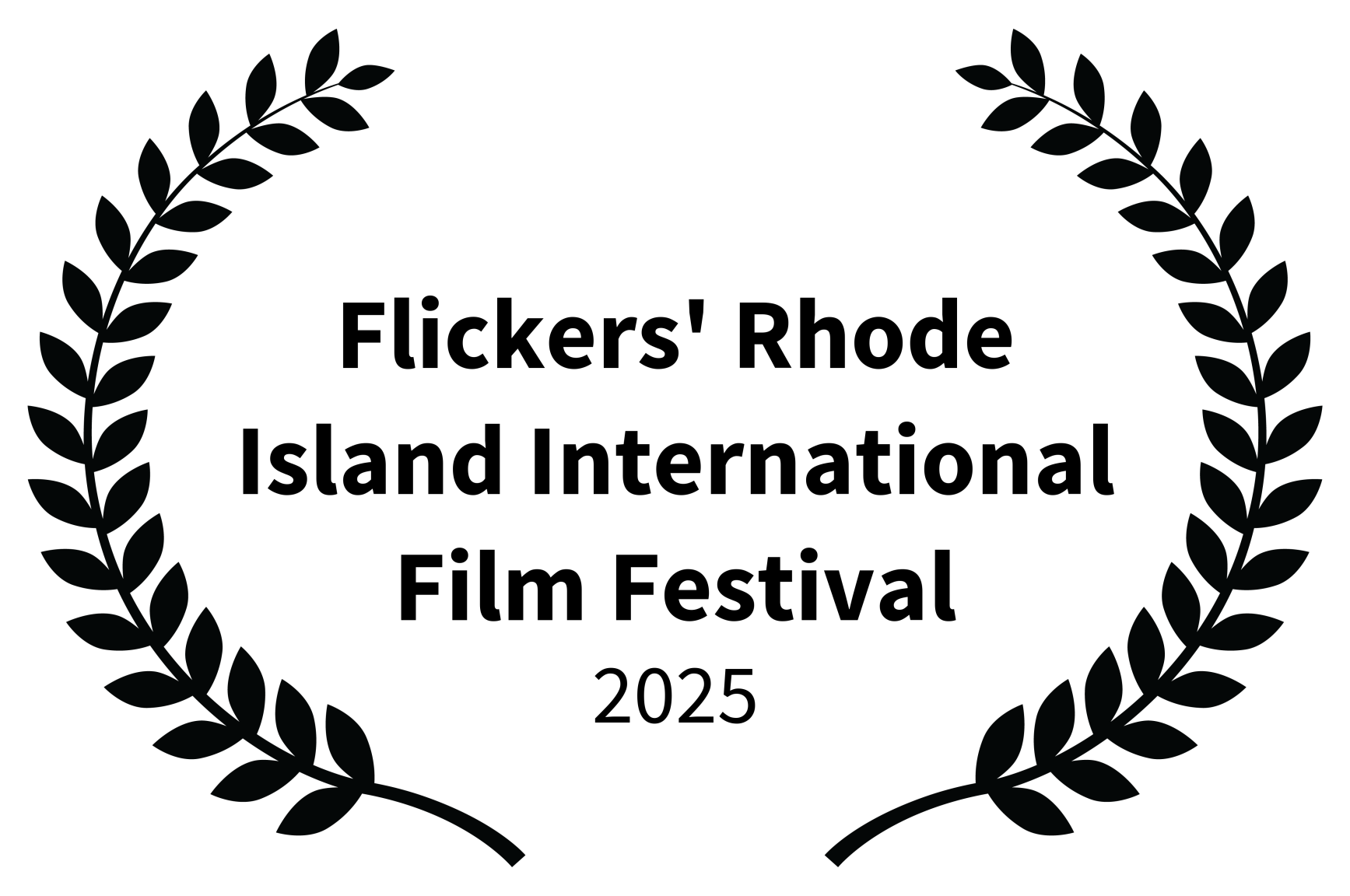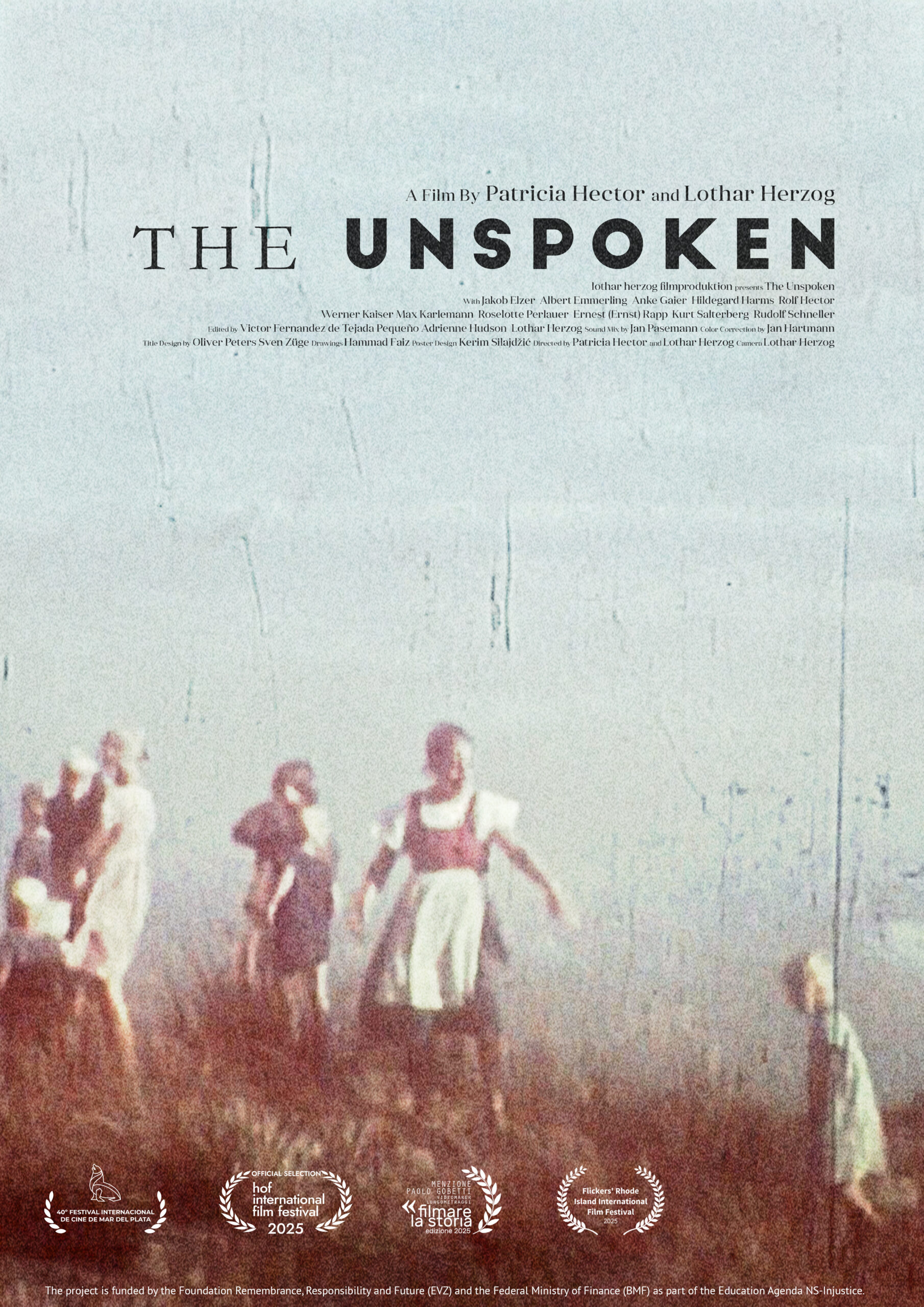‚Granit‘ Price for best documentary Film
Jury statement:
“History repeats itself, as our present unfortunately shows. Putting the unspoken into words – what could be more difficult? This film succeeds in an intense way. Images thar are created in the minds of the spectator. Images that we will never forget, even if we would like to. But this film is against forgetting. The filmmakers take us on a journey unlike any we have seen before. Quietly and hauntingly, they weave together the perspectives of the last surviving witnesses of the Nazi regime. Insights into childhood, seduction. Blind spots under gabled roofs. Where does perpetration begin? Where does complicity end? The normality of horror. The unimaginable suffering. The silence of an entire generation. Our consternation.
The Granit – Hof Documentary Film Award goes to DAS UNGESAGTE. We thank Patricia Hector and Lothar Herzog for this extraordinary, honest film,
which must find its way to all generations.”
